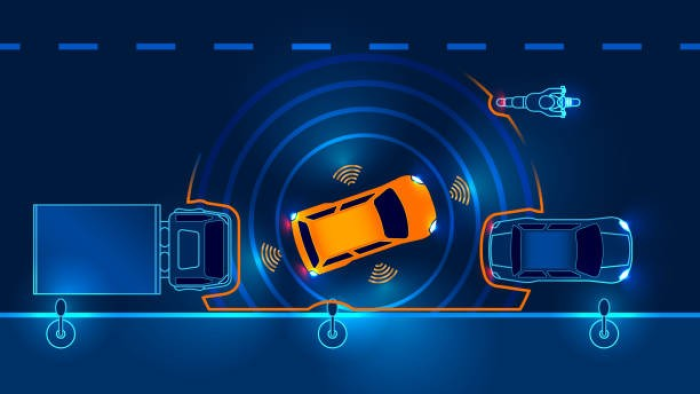
While Tesla and other automotive companies already offer assisted driving features, new innovations by start-ups are betting that devising fully automated and autonomous solutions will make driving a thing of the past. The benefits offered by autonomous vehicles will serve both pedestrians as well as car owners by increasing safety.
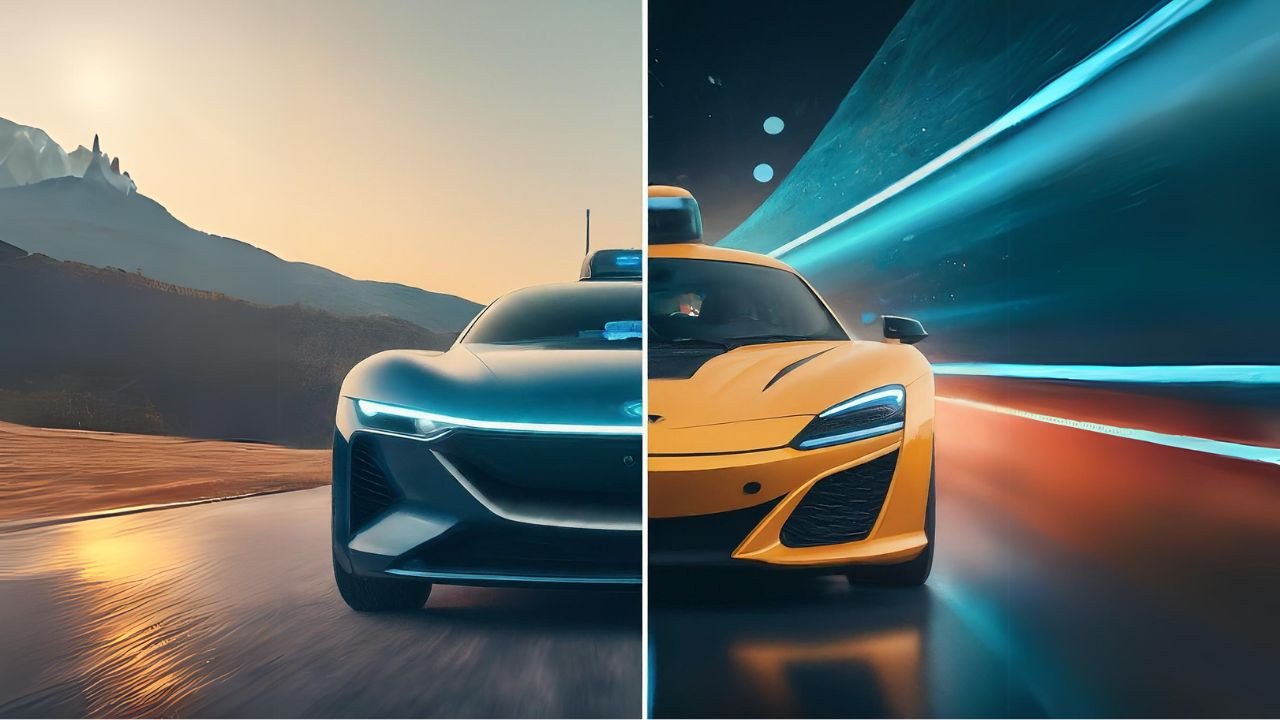
The tech and automotive start-ups are considering safety as their primary concern. It is anticipated that fully autonomous vehicles will significantly increase the level of safety as AI-backed tools and processes complement the decision-making process. The start-ups are also developing passive safety solutions with the aim of protecting vulnerable road users in the novel mobility environment and landscape.
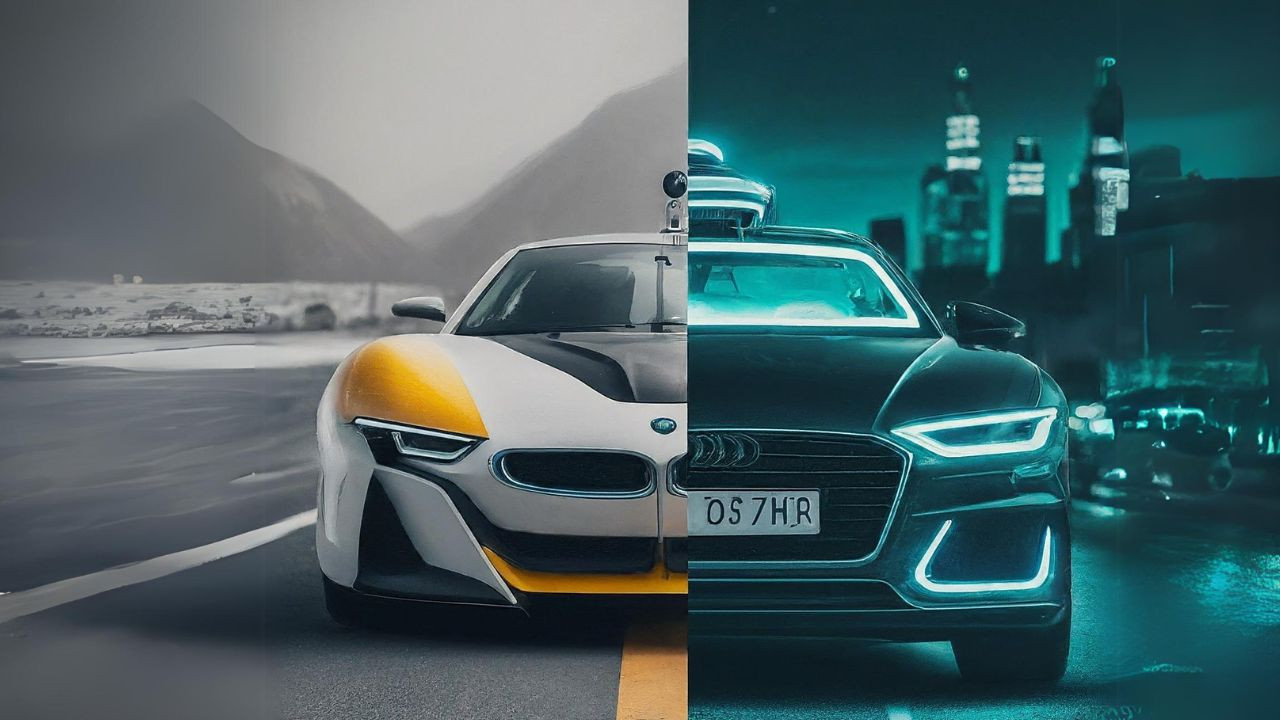
Autonomous vehicles are supported by Artificial Intelligence that reduces human errors of judgment, one of the fundamental reasons behind traffic accidents. Autonomous vehicles backed up with AI, being equipped with multiple sensors, AI Control systems, and cameras, can make decisions faster and smoother, as compared to human drivers, thereby providing comfort and internal and external passive safety solutions. The autonomous solutions offered by the new start-ups will offer new value creation opportunities in the business scenario, driving future possibilities.
The vehicles being designed with active safety solutions like anti-lock braking systems, automatic emergency braking, electronic stability control, etc., have been implemented actively by companies utilizing assistive driving features, which have already saved many lives through traffic accident prevention. Higher-level vehicle automation, including driverless driving, promises a decrease in road fatalities by reducing the risk of human errors.
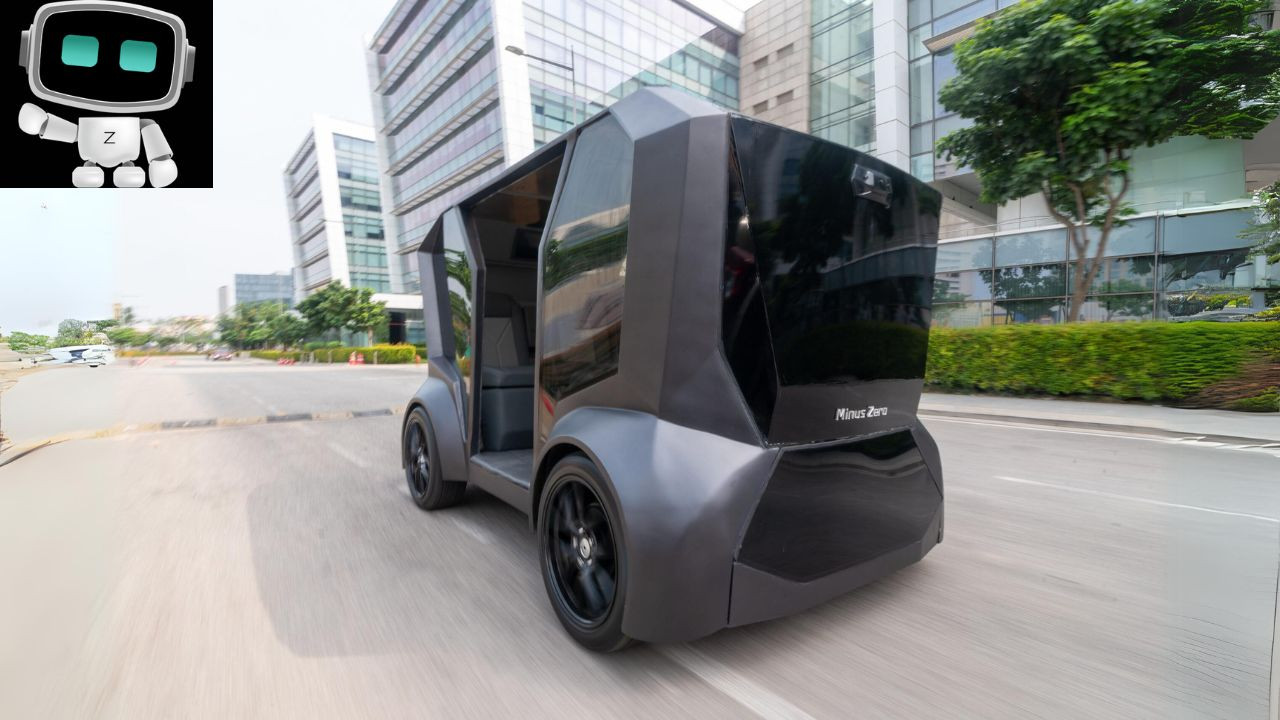
The concept of PPA- Pedestrian Protection Airbag, was introduced in 2012 when Autoliv first implemented it. The cutting-edge autonomous solutions are equipped with AI and sensors detecting impacts and sending signals to an inflator, and a gas generator, deploying an external airbag cushion protecting road users from being injured. This technology is designed to protect cyclists, pedestrians, and motorcyclists by offering real-life safety solutions making a difference – saving more lives.
Advanced driver assistance technology used in cars offering assisted driving includes blind-spot detection, front-crash prevention systems, lane departure prevention system, etc. Utilization of forwarding collision warning and automatic braking cut rear-end crashes by 50%, while the automatic braking systems decrease rear-end crashes involving injury significantly.
These technologies are being used by companies like Mercedes-Benz for self-parking through automatic steering into a free spot. The introduction of the Drive Pilot has allowed the drivers to hand over direct control of speed and steering to assistive technology in specific circumstances.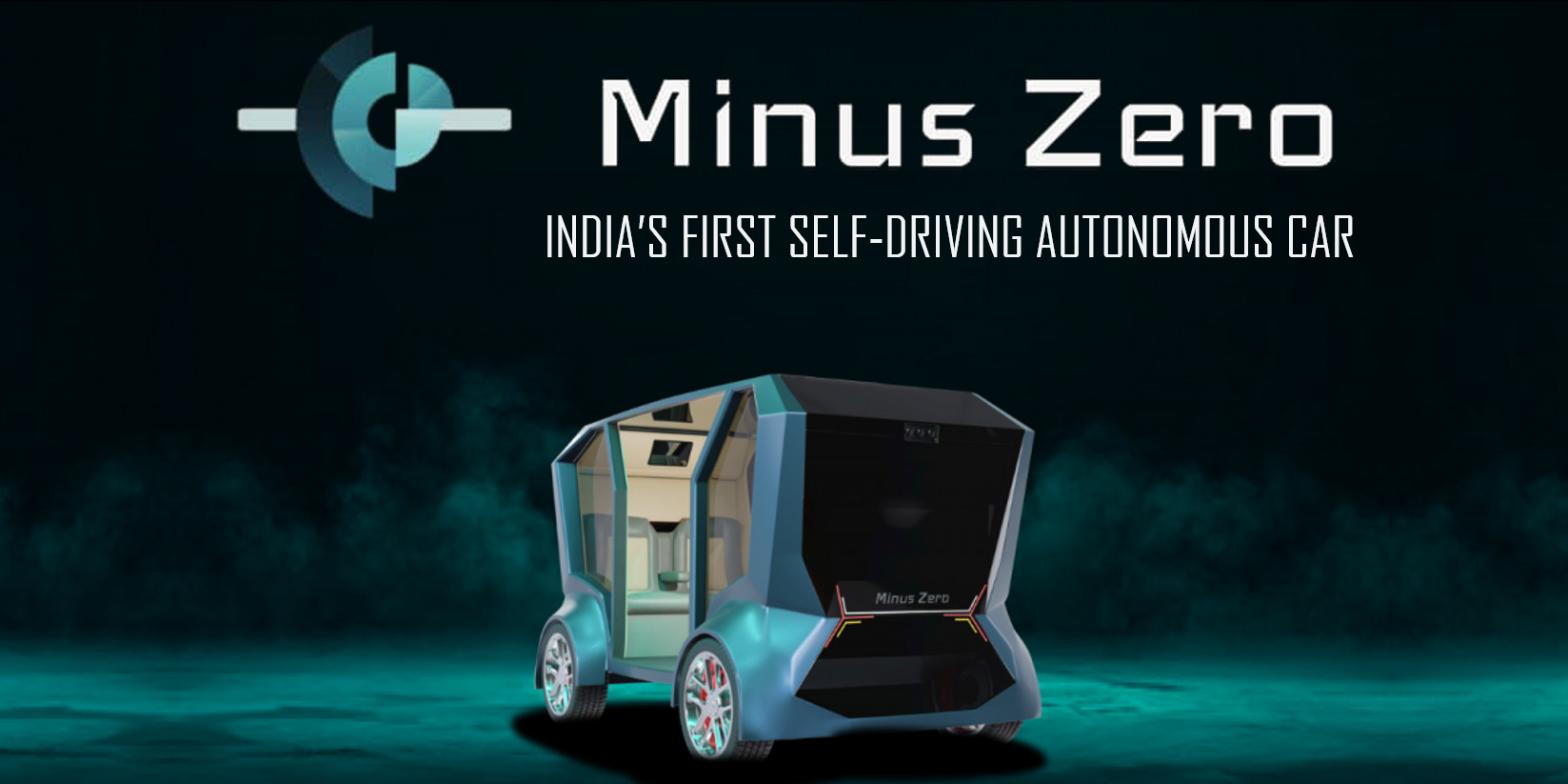
Minus Zero is a start-up "building the future of mobility" by offering fully autonomous shuttles that are more reliable than a robot and affordable than a cab. Biologically-inspired AI algorithms perceive the surroundings detecting dynamic elements like drivable area and speed, while intuitive algorithms predict the surrounding behavior guiding the cars through the trickiest traffic scenarios, leading to the growth of next-level autonomous vehicles.